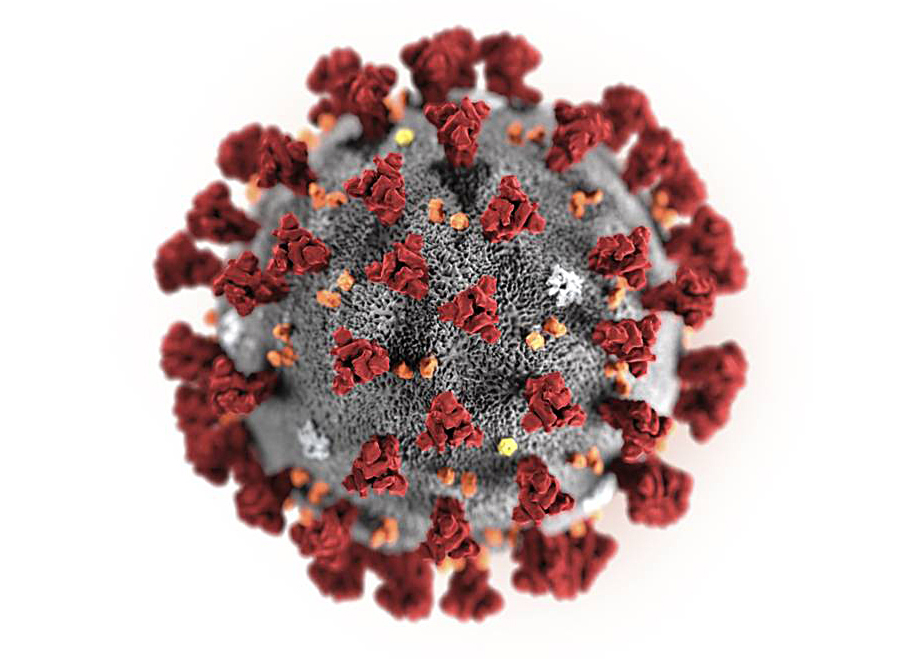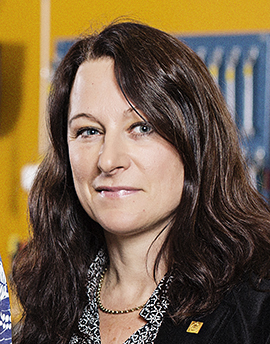Corona antibody test development drives forward

A drop of blood is all that’s needed to tell if someone has been infected by the corona virus. A research team from KTH has begun developing an effective serological test for COVID-19 antibodies.
The test would be used to ensure whether individuals have had the disease, COVID-19. Reliable tests of this type provide a safer basis for deciding who can return to work without passing on the infection, which is of particular importance for elder caregivers and health care workers.
An important component of the work on controlling the spread of the corona virus is to develop diagnostic methods for determining who has already been infected, since symptoms can be mild or undetectable. Many may already have partial protection – or better – against being infected again by the same virus type.

Sophia Hober , Professor of Molecular Biotechnology at KTH, is the project manager for the new development work. “I am very grateful that Region Stockholm and KTH, through their quick decision on funding, have enabled us to allocate resources to quickly get started on this important work,” Hober says.
Large-scale analysis around the corner
The method of analysis that will be used for the corona tests has been developed within the national "autoimmunity profiling" infrastructure at SciLifeLab, enabling parallel analysis of hundreds of samples within a few hours. A drop of blood is sufficient for determining whether a person has been infected by the virus. The analyses will also create a greater understanding of the course of the disease.
Peter Nilsson , Professor in Protein Science at KTH and a researcher with SciLifeLab, will lead the work on developing the method of analysis itself.
“Unique array-based technologies have been developed at KTH and SciLifeLab for many years, and these will now be adapted for large-scale analysis of infected individuals' immune responses to this virus, Nilsson says.
Using the protein production platform developed within the framework of the Human Protein Atlas, the project will now generate a large number of corona virus proteins and variants thereof. These proteins will then be used to quickly analyze if there are antibodies to the new virus (SARS-CoV-2) in the blood of the sampled individuals.
Professor My Hedhammar is part of the project team and focuses on parallel design of different proteins depending on three dimensional structure. “It's great that we can start this complicated project so quickly. There are many with a great will to help society get back on its feet. I think it will be of great importance to both society at large and also to the mental health of many individuals if you are told if you have already had the disease,” Hedhammar says.
Peter Ardell/David Callahan